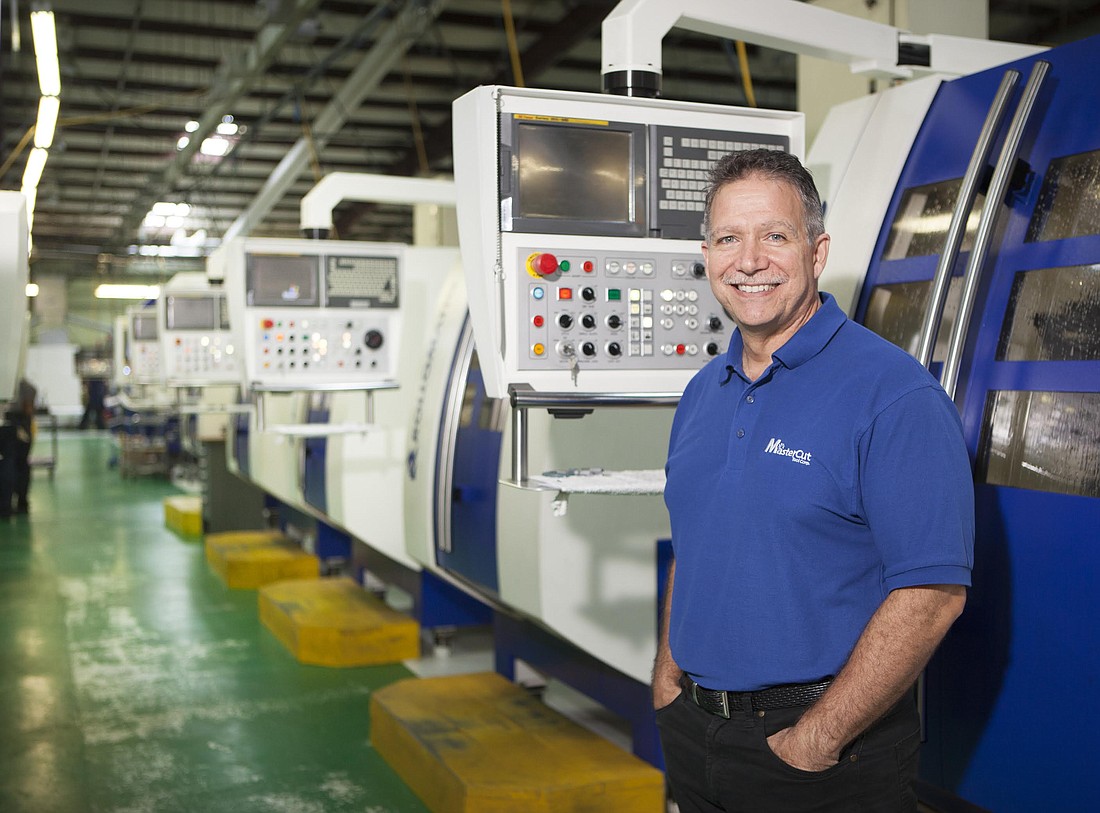- December 13, 2025
-
-
Loading

Loading

Executive Summary
Issue. Growth Industry. Manufacturing Key. Having a plan for growth can help you capitalize when the timing's right.
When Michael Shaluly started his business, he didn't have a plan. “I didn't have a clue,” he says. In fact, he wasn't really intending for it to be a business at all. It just happened.